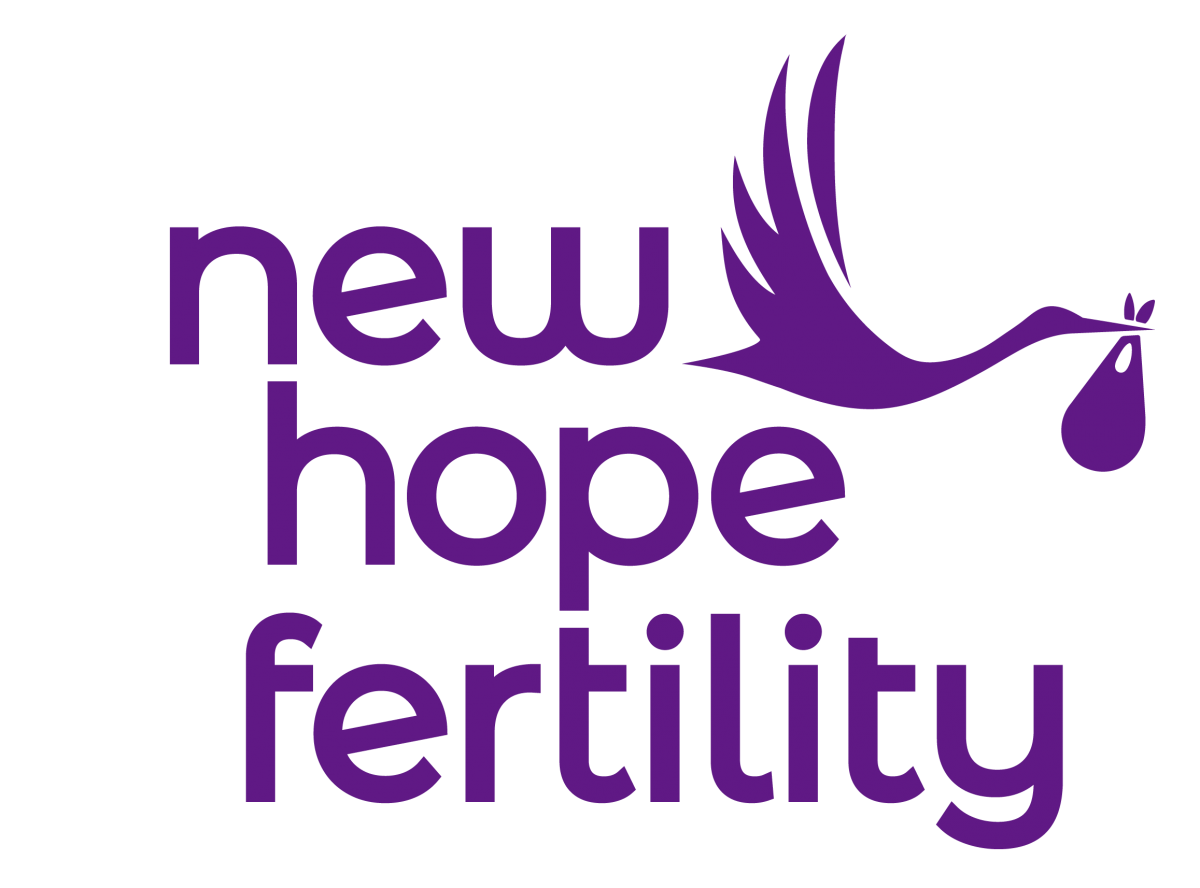Endometriosis is a disorder where the tissue that lines the inside of your uterus starts to grow outside of the uterus. This can cause pain, bloating, heavy periods, and infertility. If you are struggling with endometriosis and trying to conceive, here are some tips to help you cope with the condition.
What is endometriosis and what are the symptoms?
Endometriosis is a chronic and progressive disease that affects an estimated 1 in 10 women during their reproductive years (ie. usually between the ages of 15 to 49), which is approximately 176 million women in the world. It is defined as the presence of endometrial-like tissue outside the uterus. The endometrium is the inner tissue layer that builds up and sheds itself each month during menstruation. However, for patients with endometriosis, this tissue grows outside the uterus and can be incredibly painful.
Some common symptoms of endometriosis are:
- Painful periods, pelvic pain, and cramps before or during menstruation
- Heavy menstrual bleeding
- Difficulty getting pregnant
Endometriosis can make it harder for a woman to get pregnant because the tissue can interfere with embryo implantation. Surgery can be recommended by your physician to remove some of the excess tissue that could be necessary before conceiving.
How is endometriosis treated, and what are the possible side effects of treatment?
There are three main ways to treat endometriosis: pain medication, surgery, and hormone therapy!
- Pain medications can include non-steroidal anti-inflammatory drugs (NSAIDs) such as ibuprofen or naproxen, or steroid injections for temporary relief of pelvic pain
- Hormonal agents can be taken orally to regulate hormones, such as progesterone and birth control pills
- Surgery for endometriosis patients can be recommended to remove the misplaced tissue. A new treatment option is laser surgery called laparoscopic ablation which uses lasers to destroy or cauterize some of the endometriosis implants
How can you cope with endometriosis on a day-to-day basis?
There are a few things you can do to cope with endometriosis during your daily life.
- Eat healthy food throughout the day
- Limit or avoid intake of foods that can cause bloating and gas, as they can worsen the pelvic pain
- Get proper rest by sleeping well at night
- Exercise regularly with moderate intensity to maintain your pelvic floor strength and muscle tone
What support networks are available for women with endometriosis?
There are many different support networks that you can find for endometriosis patients. Some of the organizations are the Endometriosis Foundation of America, and various Facebook and Twitter groups.
We also recommend that you create a personal support group around you, such as your family and friends. Endometriosis affects every woman differently, so please keep in mind that everyone’s support network may look a little different. Some women prefer speaking to a loved one regularly about their journey, while others may prefer seeking help from a therapist. Some women may experience mild effects while others may have more severe symptoms that affect their daily life. Remember you should not be afraid to seek professional help if you feel it’s necessary.
How can you raise awareness of this often-overlooked disease?
You can raise awareness for endometriosis by joining the conversation on social media. Here are some hashtags you can use to join the conversation: #EndometriosisAwarenessMonth, #EndoAware, and #EndoMarch. You could also participate in fundraisers and support events organized by endometriosis associations.
Endometriosis is a painful condition that affects the reproductive organs. It can cause chronic pain, infertility, and other symptoms such as bloating or digestive issues. The good news is there are several treatments available to treat endometriosis including surgery, hormone therapy, and medication.
Above all else, it’s important to take care of your mental health by seeking support from family members, friends, and medical professionals when needed! If you think you have endometriosis and are trying to conceive, call our office and schedule an appointment with one of our physicians today!
Why New Hope?
New Hope Fertility Center is home to world-renowned fertility specialists. We custom-design fertility treatments for the individual to increase the chances of a successful pregnancy. Our specialists believe in putting the patient first and being with them through every step of the fertility journey. Our team is well-versed in helping women of all ages reach their fertility goals and we are passionate about educating, and supporting our patients throughout their journey. If you want compassionate fertility care, New Hope is the right place for you. Call us at (347) 970-8479 or schedule your initial consultation today!

